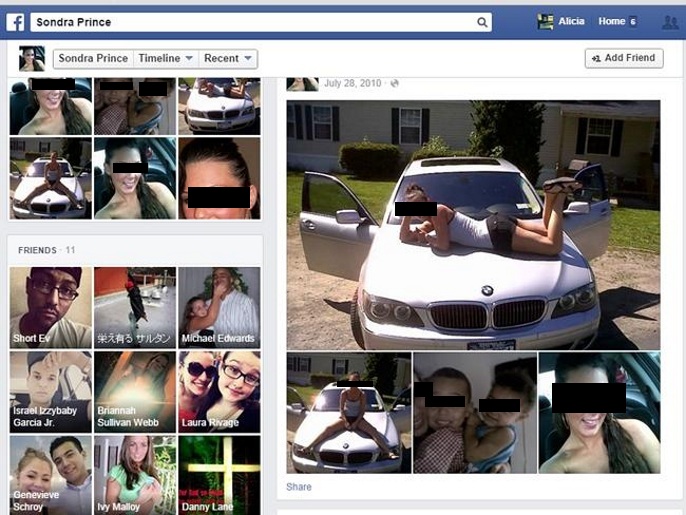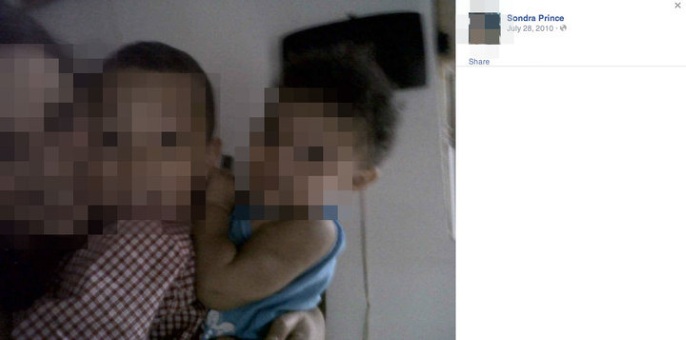A slip-up by the Drug Enforcement Agency has netted convicted drug dealer Sondra Arquiett a $134,000 settlement with the U.S. Justice Department.

The fee was agreed upon after Arquiett sued the U.S. government for making a fake Facebook page that contained numerous inappropriate photographs of her, including one of Arquiett in a state of half-dress, as well as images of children in her family.
The actual story begins back in July 2010 when Arquiett, then a restaurant waitress, was arrested and accused of being involved in a drug ring. She pled guilty to conspiracy to possess with intent to distribute cocaine, and was sentenced to six months of weekend jail time.
During her arrest, Arquiett surrendered her smartphone and consented to officers accessing its data to help them with related criminal investigations, including an inquiry into her boyfriend, who was suspected of coordinating drug sales (he later pled guilty to conspiracy to distribute cocaine).
What happened so far is fairly standard criminal investigative work, but it’s after this point where things take a bit of an odd turn and Arquiett’s case begins. You see, unbeknownst to her, the officers took the photographs and information on her phone and used it to create a fake Facebook page in hopes of luring in her criminal colleagues. She was never made aware of this operation, nor the fact that a “publicly available” Facebook page was created using her alias “Sondra Prince”.

The government argued that the page was being used to send a “friend” request to help catch her boyfriend. They also argued that the page was never made “publicly available” in a wider sense.
For what it’s worth, both the AP and BuzzFeed were able to view the Facebook page and its contents before it was taken offline (which is where these screenshots come from).
Among the series of inappropriate photographs used, Arquiett posing atop a BMW car, a picture of her wearing only a bra and underwear, and images of her holding her son and niece.

Per one of the screenshots the AP was able to capture before the page was taken down, the Arqueitt / Prince profile gathered a total of 11 “friends” while live.
Arquiett sued the government in 2013 claiming she suffered fear and emotional distress because the profile and use of her alias indicated she willfully cooperated with a drug ring investigation.
Helping support her case, digital rights group the Electronic Frontier Foundation:
“If I'm co-operating with law enforcement, and law enforcement says, 'Can I search your phone?' — my expectation is that they will search the phone for evidence of a crime, not that they will take things off my phone and use it in another context,” said Nate Cardozo, a lawyer at the organization.
Facebook eventually went public with a comment too, voicing its displeasure with the DoJ.
“Facebook has long made clear that law enforcement authorities are subject to these policies,” the firm's chief security officer, Joe Sullivan, wrote to the Drug Enforcement Administration last year, which was responsible for the page's creation.
“We regard the conduct to be a knowing and serious breach of Facebook's terms and policies, and the account created by the agent in the Arquiett matter has been disabled.
“Accordingly, Facebook asks that the DEA immediately confirm that it has ceased all activities on Facebook that involve the impersonation of others or that otherwise violate our terms and policies.”
Story via BBC
Advertisement
Learn more about Electronic Products Magazine





